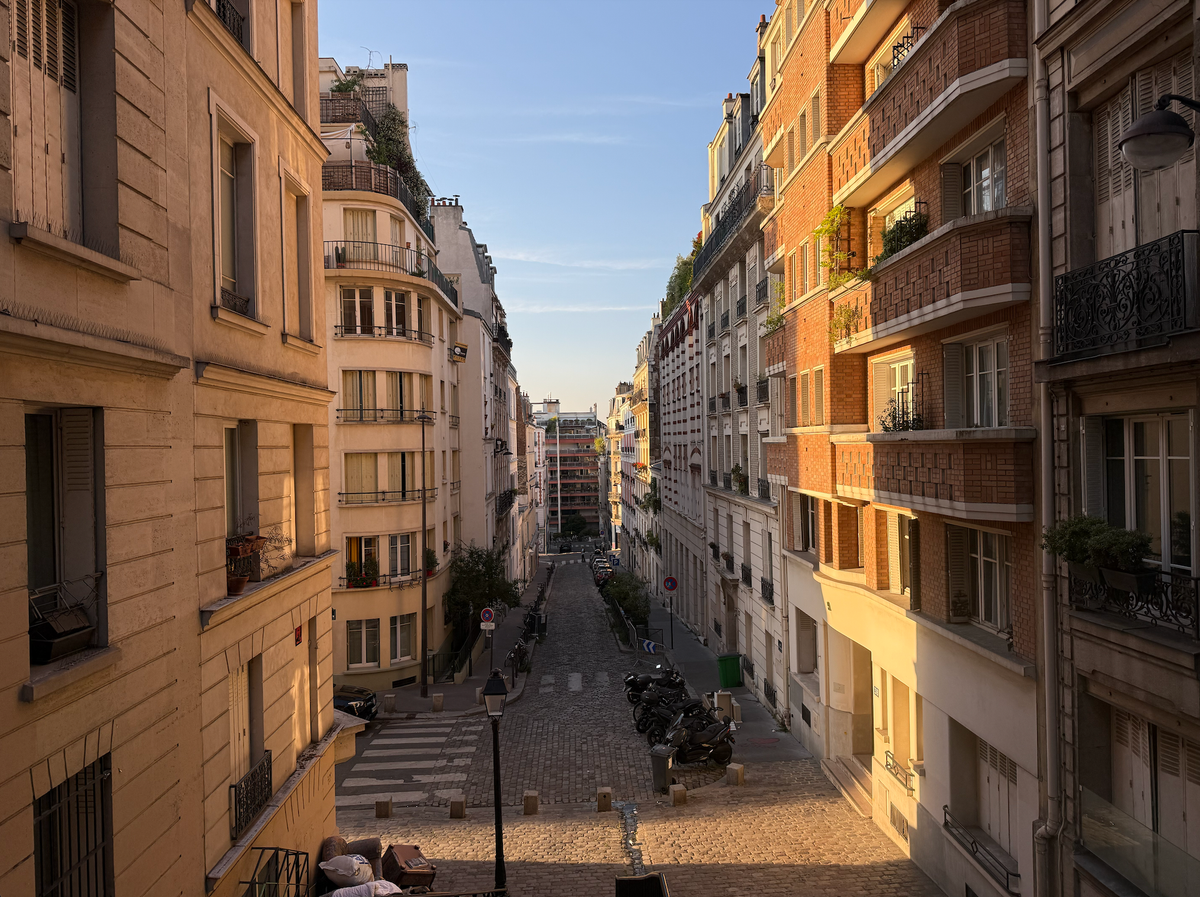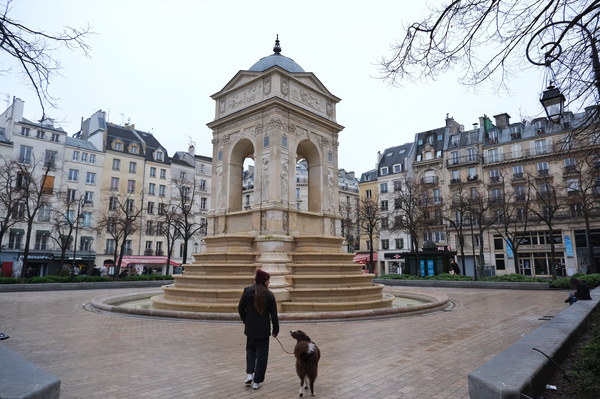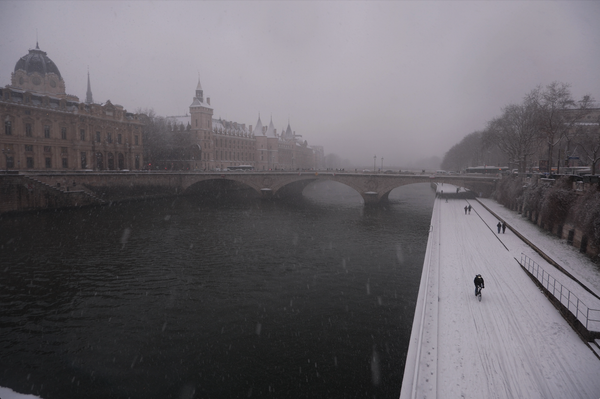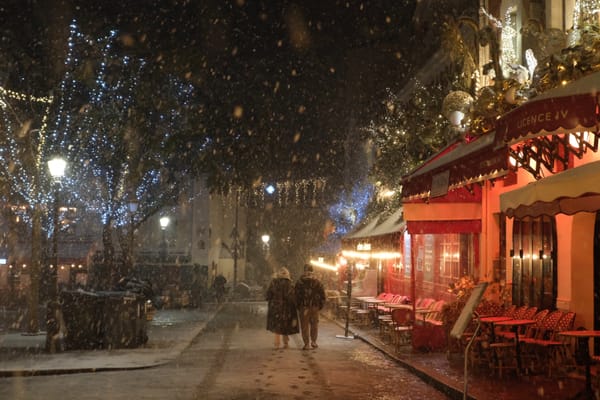A Room of One's Own



On a recent Wednesday, the kitchen sink in my Paris apartment became totally clogged and I was deserted by the civilising infrastructure of modern life. Thus begins my nightmare. The building pipes in the French capital – and probably the rest of the country, too – are notoriously old and narrow. As

Last week it snowed heavily twice in Paris, turning the city into a frigid, monochrome fantasy land over three days, and at the weekend I popped into the Musée Marmottan Monet for a spot of impressionism and an exhibition called the Empire of Sleep. In what seems to me a

The Morton family has never really been good at surprises. To be surprised meant being the recipient of unscheduled bad news. To wit: a part on the car that none of us previously knew existed is broken by decree of the cosmos, like the long-lost cousin that appears on soap

I deliberately booked the MRI for my knee in the late afternoon on the other side of Paris because I thought it would be fun to turn it into a walking tour and take some photos with my new camera. There is a logic to this, if you squint. I